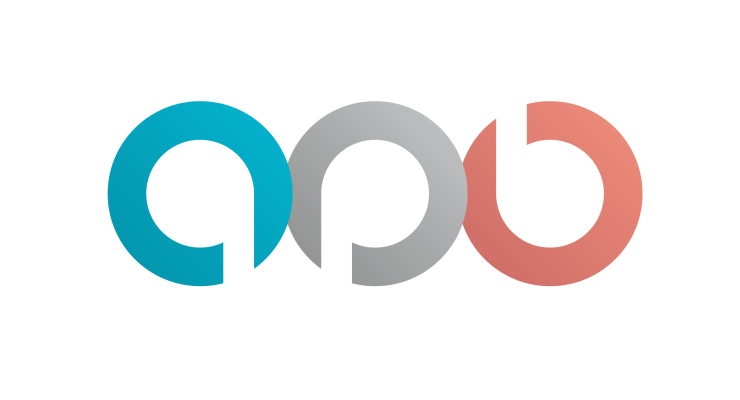“The Divided Brain and the Making of the Western World” a book by psychiatrist and author Iain McGilchrist, which explores the functions of the left and right hemispheres of the brain and their implications for society.
In brief, McGilchrist argues that the left hemisphere of the brain tends to focus on detail-oriented, analytical thinking, language processing, and manipulation of the environment. It excels in breaking things down into parts and understanding them in isolation. On the other hand, the right hemisphere is more holistic, processing information in a broader context, recognizing patterns, and dealing with the bigger picture. It’s associated with creativity, intuition, empathy, and understanding of emotions.
McGilchrist suggests that both hemispheres’ healthy and balanced functioning is crucial for human well-being and flourishing. However, he contends that contemporary Western society has increasingly favored left-hemisphere dominance, leading to a number of negative consequences.
One of the main arguments is that the left hemisphere’s dominance has led to a narrow focus on quantifiable, measurable aspects of reality. This myopic view often comes at the expense of the richer, more nuanced understanding provided by the right hemisphere. The result is a society overly fixated on materialism, efficiency, and technological progress. This imbalance undervalues qualities such as empathy, intuition, and aesthetic appreciation, raising concerns about the direction of our society.
Moreover, McGilchrist argues that this imbalance has contributed to various societal issues, including environmental degradation, social fragmentation, and mental health problems. He suggests that by prioritizing left hemisphere functions, we risk losing touch with the deeper aspects of human experience and our connection to the world around us.
Overall, McGilchrist’s work offers a beacon of hope, advocating for a more balanced approach that integrates the strengths of both hemispheres. By recognizing the importance of holistic thinking, creativity, and emotional intelligence alongside analytical reasoning, we can reevaluate our societal values. This, in turn, fosters a greater appreciation for the contributions of the right hemisphere. The potential for societal change is palpable, offering a path to promote human flourishing better and address many of the challenges facing contemporary society.
His work highlights a historical regression in right-brain thinking, tracing back to at least 1910, when Ford unwittingly reduced humans to cogs in the machinery of his assembly line. The Tayloristic approach, initially aimed at optimizing the science of movement, has evolved over the past 114 years, but not necessarily in the expected direction. Despite technological advancements, including the rise of robotics, humans have continued to be treated as replaceable components within industrial systems. This includes the knowledge economy, which uses people’s knowledge with the same line of thinking. What complicates this trend is that Ford’s original intentions, rooted in a genuine interest in building what we now call a middle class, now contrast sharply with the current lack of collective interest, or “enlightened self-interest,” in preserving and uplifting this socioeconomic group to a middle-class life.
This broader societal issue has been unfolding gradually, and ironically, the potential for AI to play a constructive role in addressing it. Mustafa Suleyman, a leading expert in General Artificial Intelligence (GAI) and AI more broadly, predicts that international regulations must swiftly be established to mitigate global risks. However, amidst these concerns, there lies transformative potential in AI applications. I’m optimistic that we can rise to the challenges ahead. I share this perspective because, ultimately, I believe in our capacity to reclaim our humanity and steer our collective trajectory toward a more compassionate and equitable future. One where we use the better angels of our nature when we harness the capacity of AI to free up humans to flourish doing what they do best.
If I’m right, this era will lower the cost of nearly everything, offering a real shot at working less and being able to afford what will be a wholly new ideal that will replace the notion of a middle class. One we cannot fully understand until we break or become bold enough to redesign how things work.






